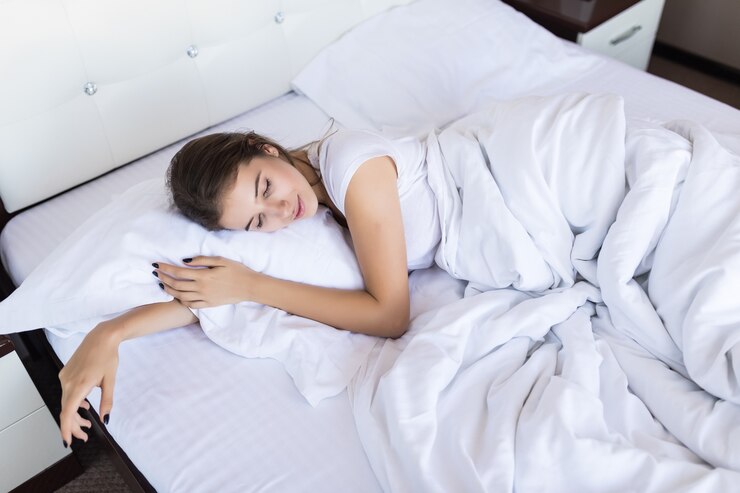Higher levels of daytime physical activity led to participants getting better quality sleep. Simply going to bed earlier may not improve sleep efficiency. Current guidelines recommend 7 to 9 hours of sleep each night. If you’re looking for better sleep at night, you may want to change up your daily schedule. Individuals dealing with poor sleep often receive advice about the importance of “sleep hygiene” leading to bedtime each night, which includes reducing screen time and avoiding alcohol. high-quality sleep, which leaves them feeling energized instead of tired. This issue can lead to serious health problems, as sleep deficiency and deprivation have a link to conditions such as heart disease, stroke, high blood pressure, and depression. When people think about sleep quality, they tend to focus on adjustments immediately before bedtime for example, avoiding screens, not eating too much, and avoiding alcohol but our research looks beyond this to the range of activities we undertake during the day
Thank you for reading this post, don't forget to subscribe!
Thursday, October 2, 2025


